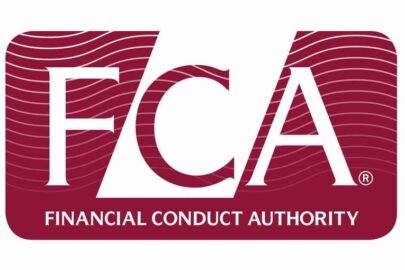The Financial Conduct Authority (FCA) plans to bring in a new Consumer Duty, which it says will fundamentally improve how firms serve consumers.
The regulator says it will set higher and clearer standards of consumer protection across financial services and require firms to put their customers’ needs first.
The Duty is made up of an overarching principle and new rules firms will have to follow. The FCA claims it will mean that consumers should receive communications they can understand, products and services that meet their needs and offer fair value, and they get the customer support they need, when they need it.
It says that clarity on the FCA’s expectations and firms focusing on what their customers need should lead to more flexibility for firms to compete and innovate in the interests of consumers.
The Duty forms part of the FCA’s transformation to becoming a “more assertive and data-led regulator”. With firms assessing how they’re meeting their customers’ needs, the FCA says it will be able to quickly identify practices that don’t deliver the right outcomes for consumers and take action before practices become entrenched as market norms.
The Duty will include requirements for firms to:
- end rip-off charges and fees
- make it as easy to switch or cancel products as it was to take them out in the first place
- provide helpful and accessible customer support, not making people wait so long for an answer that they give up
- provide timely and clear information that people can understand about products and services so consumers can make good financial decisions, rather than burying key information in lengthy terms and conditions that few have the time to read
- provide products and services that are right for their customers
- focus on the real and diverse needs of their customers, including those in vulnerable circumstances, at every stage and in each interaction
The FCA is giving firms 12 months to implement the new rules for all new and existing products and services that are currently on sale. The rules will be extended to closed book products 12 months later, to give firms more time to bring these older products, that are no longer on sale, up to the new standards.
Sheldon Mills, executive director of consumers and competition, said: “The current economic climate means it’s more important than ever that consumers are able to make good financial decisions. The financial services industry needs to give people the support and information they need and put their customers first.
“The Consumer Duty will lead to a major shift in financial services and will promote competition and growth based on high standards. As the Duty raises the bar for the firms we regulate, it will prevent some harm from happening and will make it easier for us to act quickly and assertively when we spot new problems.”
